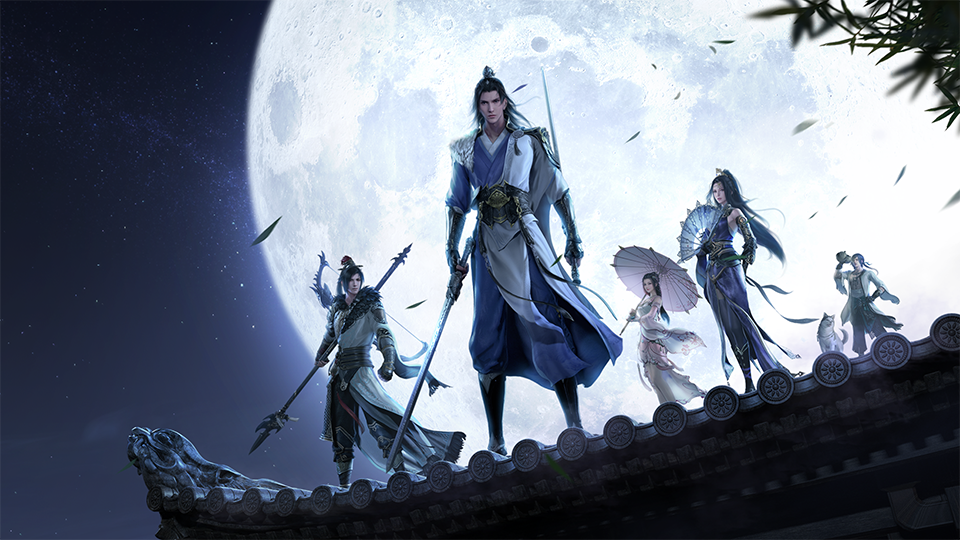In the realm of online gaming, sound and music are not merely background noise; they are the invisible strings that pull on the players’ emotions and heighten the entire experience. From the adrenaline-pumping rush of a battle anthem to the subtle creak of a floorboard hinting at an enemy’s presence, these auditory elements weave a tapestry of immersion that transports players into the heart of the game. One of the most potent effects of sound design is its ability to create a sense of realism. The crisp crack of gunfire in a first-person shooter or the roar of an engine in a racing game instantly places the player in the thick of the action. Environmental sounds like wind whipping through trees or the distant howl of wolves further flesh out the world, making it feel tangible and believable. This aural authenticity allows players to suspend disbelief and become fully invested in the online world they inhabit. Beyond realism, sound design plays a crucial role in conveying information. Discerning the direction of approaching footsteps or the telltale ping of an enemy’s radar can give players a crucial tactical advantage. In online games where teamwork is paramount, voice chat further amplifies this informative aspect.

The ability to communicate effectively with teammates through voice commands and real-time coordination is essential for online success, fostering a sense of camaraderie and shared purpose. Music, on the other hand, acts as the emotional compass, guiding players through the various moods and atmospheres of the game. Uplifting orchestral scores can elevate moments of triumph, while suspenseful strings build tension during tense encounters. Music’s ability to evoke specific emotions is particularly powerful in online games, where players might experience a range of feelings within a short time frame. A soaring victory theme can reinforce the elation of winning a close match, while a melancholic defeat score can create a sense of closure and motivate players to jump back in for another try. Furthermore, music can be a powerful storytelling tool. Just like a film soundtrack, recurring musical motifs can be associated with specific characters, locations, or events within the game. This creates a sense of familiarity and reinforces the narrative, making the online world feel more cohesive and emotionally resonant. Think of the iconic opening notes of a moonlight blade game’s theme instantly transporting you back to a specific level or boss battle.
The power of sound and music extends beyond simply enhancing the gameplay experience. Online gaming often fosters a strong sense of community, and the shared experience of these auditory elements can be a powerful bonding agent. Players might create inside jokes based on a particularly funny sound effect, or find themselves humming the game’s theme song long after they have logged off. This shared sonic vocabulary strengthens the sense of belonging and creates a unique online culture. However, it is important to acknowledge that the impact of sound and music can be subjective. While some players might find a particular soundtrack intensely motivating, others might prefer a more muted experience. Thankfully, many online games offer players some degree of control over the audio settings, allowing them to tailor the soundscape to their preferences.